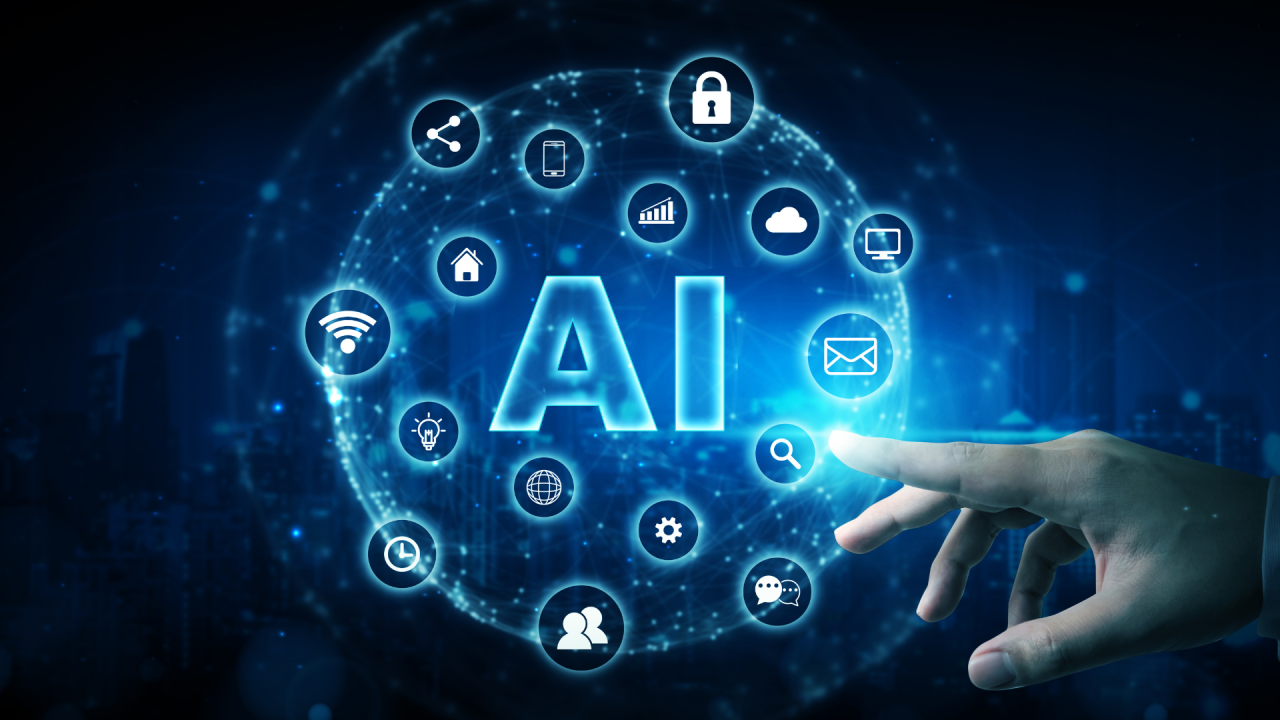AI Tag
Artificial intelligence (AI) is transforming the way we approach website security. As cyber threats become more sophisticated, businesses need advanced technologies that can keep up. AI is emerging as a crucial tool in this battle, offering enhanced protection, automated defenses, and proactive threat management. But how exactly does AI impact your website’s security, and what should businesses be aware of when integrating AI into their security infrastructure?
1. Advanced Threat Detection
2. Predictive Security Measures
Unlike traditional security solutions that often react to breaches after they happen, AI can anticipate threats by analyzing historical data and recognizing emerging patterns. This predictive capability allows businesses to prepare for attacks before they occur, implementing preventive measures to safeguard their systems. For instance, AI can identify areas of vulnerability in your website’s architecture and recommend improvements to minimize risk.
3. Automated Response to Threats
One of the key advantages of AI in cybersecurity is its ability to respond to threats in real-time, without the need for human intervention. When AI detects a suspicious activity, it can immediately take action by isolating compromised areas, blocking malicious IP addresses, and notifying the security team. This reduces the time it takes to neutralize threats, minimizing potential damage to your website.
4. AI-Driven Malware Detection
Malware is a constant threat to websites, and AI has proven highly effective in identifying and removing it. Traditional methods of malware detection rely on signature-based systems that can only detect known malware. In contrast, AI can identify new, previously unknown malware by analyzing its behavior. This means AI can stop attacks that other systems might miss, keeping your website and its users safe.
5. AI in Encryption and Data Security
AI also plays a vital role in data encryption, ensuring that sensitive information is protected both at rest and in transit. By continuously monitoring the encryption process, AI can identify any irregularities and ensure that data remains secure from interception or unauthorized access. Additionally, AI can help manage encryption keys, ensuring that they are stored and used securely.
Challenges and Risks of AI in Security
While AI offers significant benefits for website security, it is not without its challenges. One of the risks is that cybercriminals are also using AI to enhance their attacks. Hackers are developing AI-driven malware and phishing schemes that can adapt to defenses and exploit weaknesses in security systems. To stay ahead, businesses must continuously update their AI systems and incorporate AI-driven security tools as part of a broader cybersecurity strategy.
AI is revolutionizing the way businesses protect their websites, providing advanced threat detection, real-time response capabilities, and predictive security measures. However, businesses need to remain vigilant and ensure that their AI security systems are up-to-date to counter the evolving tactics of cybercriminals. By integrating AI into your website’s security infrastructure, you can stay ahead of potential threats and ensure the safety of your digital assets.
Need a partner in IT solutions? Contact us here!
AI tools, from virtual assistants to chatbots and productivity applications, have become integral to how businesses operate. These tools offer convenience, speed, and automation that can enhance customer service and operational efficiency. However, as we rely more on AI, it raises an important question: How safe is the information we input into these systems?
1. Data Retention and Privacy Concerns
Many AI platforms retain user data to improve the accuracy and performance of their algorithms. When you input information into an AI system—whether it’s customer details, financial data, or personal messages—that data may be stored on the platform’s servers for future reference. While this can enhance the AI’s capabilities, it also introduces risks related to data privacy and security.
In industries like healthcare, finance, and legal services, where confidential information is regularly handled, this can become a significant concern. Businesses need to be cautious about the types of data they input into AI platforms and must ensure that these systems are secure enough to handle sensitive information.
2. Risk of Data Misuse
Another issue is the potential misuse of data. If the AI platform is not sufficiently secure, sensitive information entered into the system could be accessed by unauthorized individuals. Hackers target AI systems because they store large amounts of valuable data. If a security breach occurs, confidential business information, customer data, and intellectual property could be compromised, leading to legal and financial consequences.
3. AI Compliance Challenges
Many industries have strict regulations about how data should be stored, accessed, and shared. For example, companies dealing with health information must comply with HIPAA, while businesses in the European Union need to adhere to GDPR. Using AI systems that are not compliant with these regulations can result in significant fines and penalties.
When adopting AI tools, it’s essential to ensure that they comply with relevant industry standards. Look for platforms that offer compliance features or work with providers who understand the regulatory landscape. This will help protect your business from the legal risks associated with improper data handling.
4. How to Protect Your Data in AI Systems
- Choose Secure Platforms: Always use AI platforms that offer strong data protection features, such as encryption and secure data storage.
- Limit Sensitive Data: Avoid entering highly sensitive information into AI systems unless absolutely necessary. If you must, ensure the platform is compliant with the relevant data privacy regulations.
- Understand Data Retention Policies: Be aware of how long AI platforms retain your data and how they handle it after it is no longer needed. Choose platforms that offer clear data retention and deletion policies.
AI tools offer a wealth of convenience, but businesses need to be mindful of the potential risks associated with data security and privacy. By carefully selecting AI platforms with robust security measures and ensuring compliance with industry regulations, you can safely integrate AI into your operations without compromising sensitive information.



